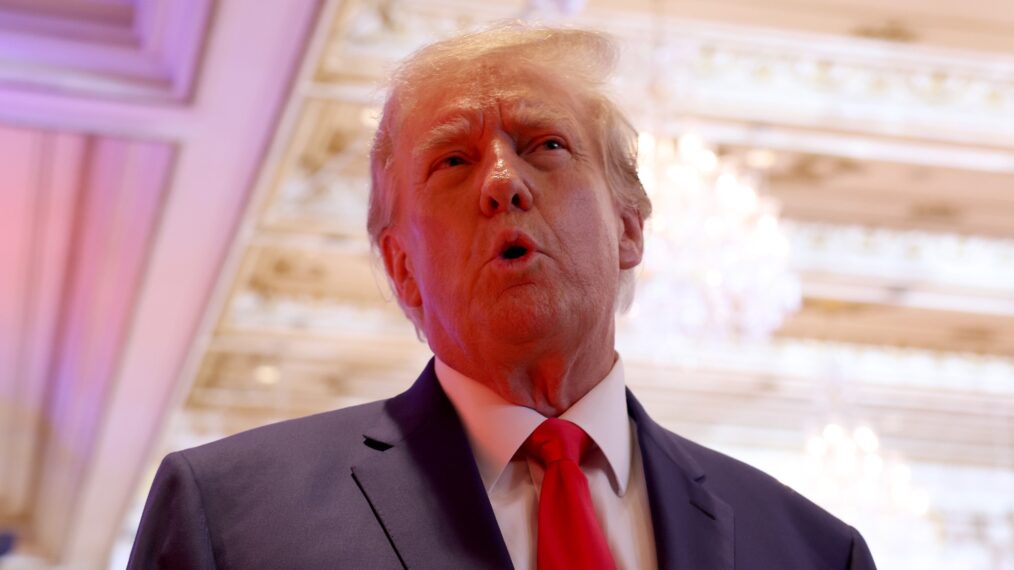Carlyle Group’s first-quarter earnings missed analyst forecasts in its first results released under Harvey Schwartz, the former Goldman Sachs president who was hired to lead the US private equity group in February.
The weaker than expected numbers and Schwartz’s warning that volatile financial markets were “clouding” the investment landscape add to the challenges he must navigate after soaring interest rates caused deal activity to plunge and led many investors to retrench from making commitments to new private equity funds.
“We are in the midst of one of the most complex financial markets in recent memory, which is clouding the near-term outlook and impacting market sentiment,” said Schwartz in results released on Thursday morning.
The investment group generated $193mn in fee-related earnings in the three months to the end of March, slightly below the $201mn that analysts polled by Bloomberg had expected.
Distributable earnings, which include investment profits and are a measure analysts regard as a proxy for cash flows, were 63 cents per share, missing estimates by 4 cents.
While Carlyle’s results fell short of expectations, some positive trends could help Schwartz in his efforts to revive growth at the US buyout pioneer.
Carlyle raised $6.8bn in new investor commitments during the quarter, up almost 40 per cent on the $4.9bn it raised in the final quarter of 2022. The inflows were highlighted by $2.1bn raised for the group’s newest flagship corporate buyout funds.
In recent quarters, Carlyle has struggled to raise cash for those funds as investors pulled back from making commitments after the surprise exit of former head Kewsong Lee in August sparked a six-month search for his replacement.
However, fundraising has accelerated since Schwartz was named chief executive, helping its overall assets rise 2 per cent to $381bn.
Investment performance across Carlyle’s funds was also solid as its various strategies either recorded gains or were unchanged from the fourth quarter. Carlyle’s $150bn-in-assets credit unit was a standout, with all of its funds rising during the quarter.
Carlyle now sits on $5.6bn in net balance sheet assets, including nearly $4bn of performance fees it would be paid if all of its investments were sold at their current values. Those financial resources could eventually be used by Schwartz to strike acquisitions or fund expansion plans, sources have previously told the Financial Times.
“I’m confident in the long history of our global firm in successfully investing through all cycles, and fully expect Carlyle to continue to expand and diversify our platform to drive shareholder value over the long term,” Schwartz said in his statement.
He has been leading deep reviews of each of Carlyle’s businesses and is expected to outline his plans for the company in greater detail later this year.
While fast-rising interest rates have hit Carlyle’s private equity business, they have been a tailwind for its fast-growing credit and insurance units.
The group’s insurance arm Fortitude Re on Tuesday announced a $28bn life and reinsurance agreement with Lincoln National in a deal analysts said would bolster its overall assets and fee earnings in coming years.


























































![Mason Ramsey – Twang [Official Music Video] Mason Ramsey – Twang [Official Music Video]](https://i.ytimg.com/vi/xwe8F_AhLY0/maxresdefault.jpg)



















